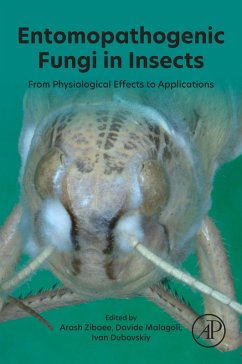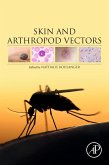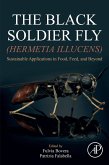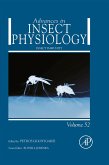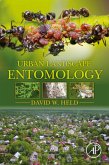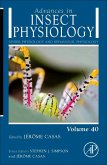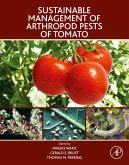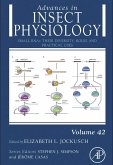Entomopathogenic Fungi in Insects: From Physiological Effects to Applications explores the complex relationships between entomopathogenic fungi and insects. This interdisciplinary book delves into the physiological, immunological, and behavioral responses elicited by fungi in insects, offering insights for sustainable development. It assesses the potential applications of these fungi as biopesticides against harmful insects while considering their impact on non-target populations. This comprehensive work is invaluable for researchers and professionals in agroecosystems, insect pathology, biocontrol, plant protection, and crop health, as well as graduate students focused on sustainability.In addition, the book examines the mutualistic roles fungi can play in insect physiology, such as aiding in digestion. These fungi, prevalent in insect habitats, can serve as microbial pest control agents by infecting and weakening insect hosts. The book emphasizes the importance of mitigating potential harm to non-target insect populations, ensuring a balanced approach to biocontrol in agricultural practices. - Explores entomopathogenic diversity and how it can be utilized for insect pest control in agroecosystems - Provides the latest findings on insect immune and behavioral responses towards entomopathogenic fungi - Highlights the potential effects of entomopathogenic fungi on non-target species, including beneficial insects
Dieser Download kann aus rechtlichen Gründen nur mit Rechnungsadresse in A, B, BG, CY, CZ, D, DK, EW, E, FIN, F, GR, HR, H, IRL, I, LT, L, LR, M, NL, PL, P, R, S, SLO, SK ausgeliefert werden.

